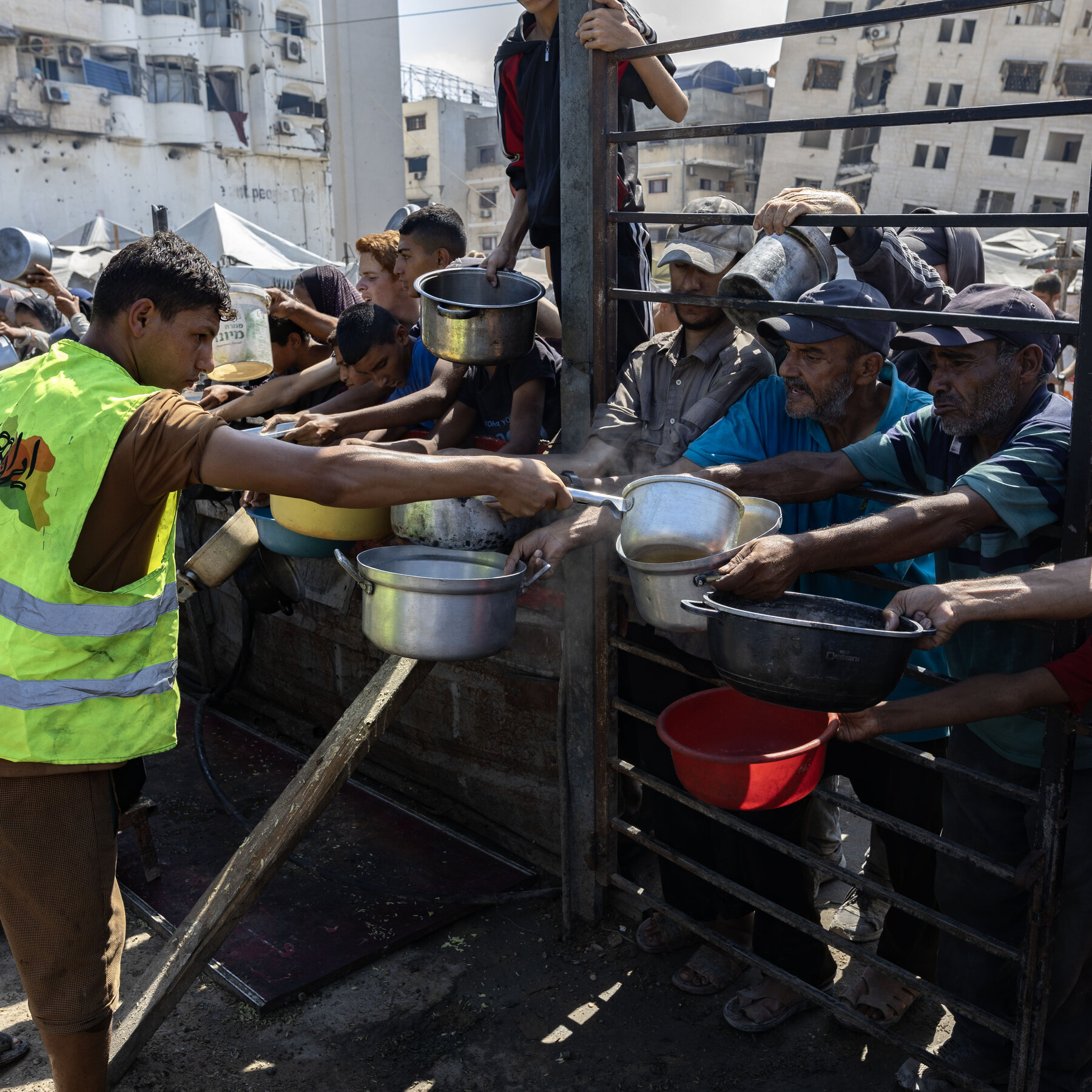A recent report highlighting famine conditions in Gaza has prompted significant concern internationally, yet the White House has largely refrained from public comment on the situation. This silence comes despite outcry from various allies and humanitarian organizations echoing the dire circumstances faced by civilians in the region. Analysts indicate that without direct pressure from the United States, it is unlikely that Israel’s military operations will shift in response to the humanitarian crisis.
The report, released in November 2023, details the severe food shortages and deteriorating living conditions in Gaza, where the ongoing conflict has exacerbated the plight of its residents. According to the United Nations, over 1.1 million people in the territory are currently facing acute hunger, with many lacking access to basic necessities, including water and medical supplies.
International Response and Implications
While several nations have expressed their alarm, the U.S. response has been muted. This stance has raised concerns among international observers regarding the potential for further escalation in the conflict. The absence of U.S. intervention may embolden Israeli officials to continue their military strategies without fear of repercussions. As analysts note, the U.S. has historically played a critical role in mediating tensions in the region, and its silence could have far-reaching implications for future peace efforts.
The humanitarian crisis in Gaza has prompted calls for increased aid. Organizations such as the International Committee of the Red Cross and various non-governmental organizations are urging the international community to respond decisively. These groups emphasize the need for immediate humanitarian access to alleviate the suffering of those caught in the crossfire.
Historical Context and Future Projections
The situation in Gaza is not new; it has been a focal point of Israeli-Palestinian tensions for decades. The current conflict escalated significantly in recent months, leading to a substantial increase in casualties and displacement. Historical patterns suggest that without substantial diplomatic engagement, the cycle of violence and humanitarian crises may continue indefinitely.
Looking ahead, the potential for a change in U.S. policy remains uncertain. With the global community closely monitoring the situation, the hope is that renewed dialogue can emerge to address the underlying issues contributing to the conflict. Analysts stress the necessity of a concerted international effort to ensure that the voices of those affected by the crisis are heard and prioritized in discussions of peace and stability in the region.
As of now, the people of Gaza continue to endure unimaginable hardships as they navigate daily life amidst ongoing conflict. The lack of a robust response from the U.S. and other global powers raises critical questions about the future of humanitarian intervention and the prospects for lasting peace in the region.
